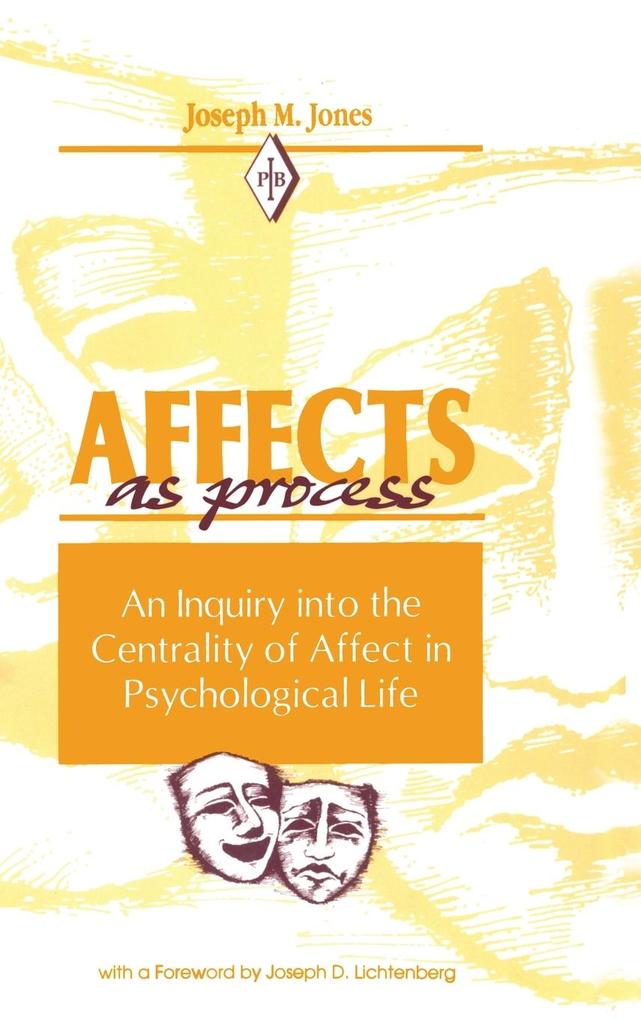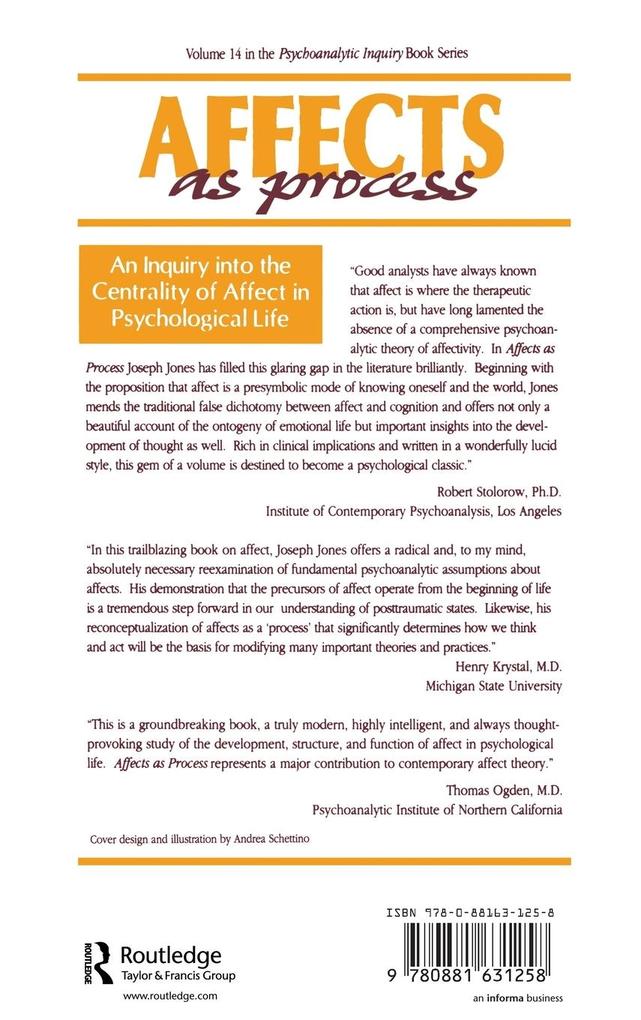Drawing on the literatures of child development, ethology, and neuroscience, Joseph Jones argues that, in their simplest form, affects are best understood as the presymbolic representatives and governors of motivational systems. So conceptualized, affects, and not primary process, constitute the initial processing system of the prerepresentational infant. It then becomes possible to re-vision early development as the sequential maturation of different motivational systems, each governed by a specific presymbolic affect. More complex emotional states, which emerge when the toddler begins to think symbolically, represent the integration of motivational systems and thought as maturation plunges the child into a world of loves and hates that cannot be escaped simply through hehavior.
Inhaltsverzeichnis
Part I: Is Primary Process Primary? In the Beginning... Freud, Darwin, and Descartes. Affects as Composites. The Search for Primitive Thought. Is Primary Process Primary? Part II: Affects as Process. The Language of Affectivity. Moods. Lust, Libido, and Love. Contentment, Excitement, and Joy. Fear. Anxiety and Traumatic States. Aggression and Rage. The Prereflective Roots of Shame. Presymbolic Character Structure. The Development of Thought. Rapprochement. Object Relations and Object Constancy. Love, Hate, and the Dynamic Unconscious. Thought Dysfunctions. Psychosexual Development and Motivational Systems. Affects and the Self.






































